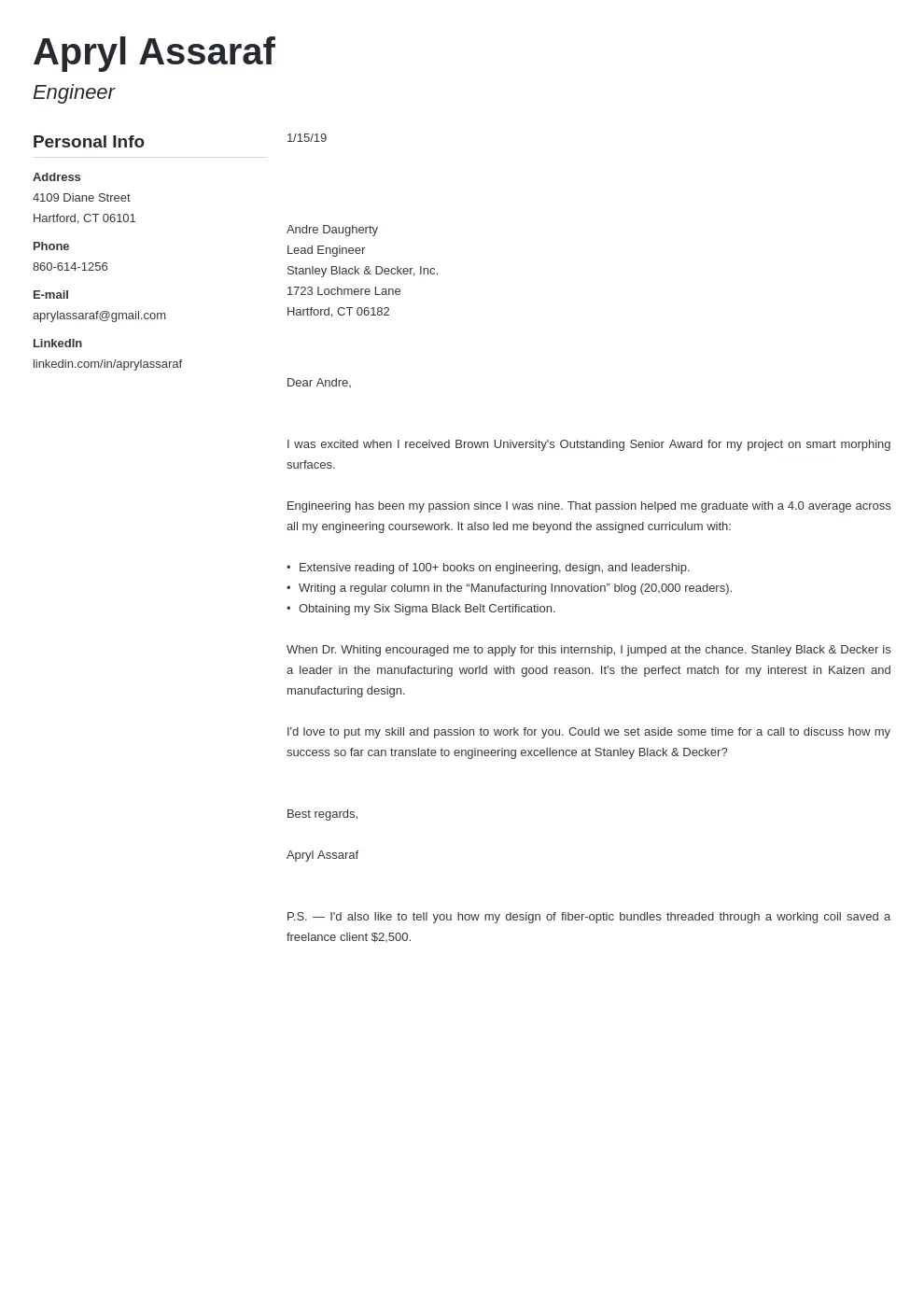Why International Experience Matters
In today’s globalized world, international experience is more valuable than ever. Employers increasingly seek candidates who can demonstrate adaptability, cross-cultural understanding, and a global perspective. A well-crafted cover letter that highlights your international experience can significantly boost your chances of landing your dream job. This article provides a comprehensive guide on how to create a compelling cover letter, with sample examples, to showcase your global skills and experiences effectively. Whether you’ve studied abroad, volunteered internationally, or worked in a foreign country, this guide will help you present your experiences in the best possible light and make a lasting impression on potential employers.
Benefits of International Experience
International experience offers a multitude of benefits, both personally and professionally. It broadens your horizons, exposes you to different cultures, and enhances your overall understanding of the world. A cover letter should emphasize these advantages. You’ll become more adaptable, resilient, and better equipped to navigate diverse environments. These experiences often lead to greater self-awareness and personal growth, as you are challenged to step outside of your comfort zone and embrace new perspectives. This can greatly affect your future career.
Enhanced Career Prospects
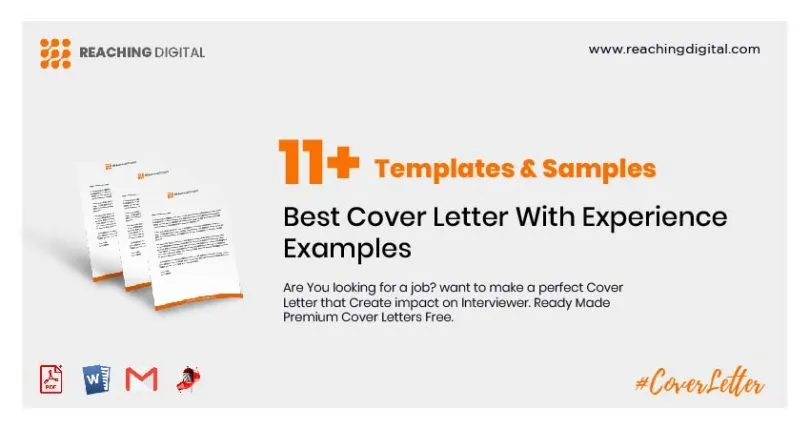
Having international experience significantly enhances your career prospects. Employers are increasingly looking for candidates with a global mindset and the ability to work effectively in international teams. Your experiences can set you apart from other candidates. It demonstrates that you’re willing to step outside of your comfort zone, embrace new challenges, and navigate diverse cultural contexts. These skills are highly valued in today’s competitive job market, and highlighting them in your cover letter is crucial for making a strong first impression.
Personal Growth and Development
Living and working abroad can lead to significant personal growth. You’ll develop a stronger sense of self-reliance, independence, and adaptability. Navigating new environments, overcoming language barriers, and adapting to different cultural norms fosters resilience and problem-solving skills. Furthermore, international experience often encourages you to reflect on your values, beliefs, and perspectives, leading to greater self-awareness and personal development. Be sure to demonstrate this in the cover letter.
Improved Cross-Cultural Communication
International experience is a crash course in cross-cultural communication. You’ll learn to navigate different communication styles, understand cultural nuances, and build relationships with people from diverse backgrounds. This skill is invaluable in today’s interconnected world, where effective communication across cultures is essential for success. In your cover letter, be sure to give examples, such as how you negotiated with the locals or other team members.
Skills Gained Through International Experience
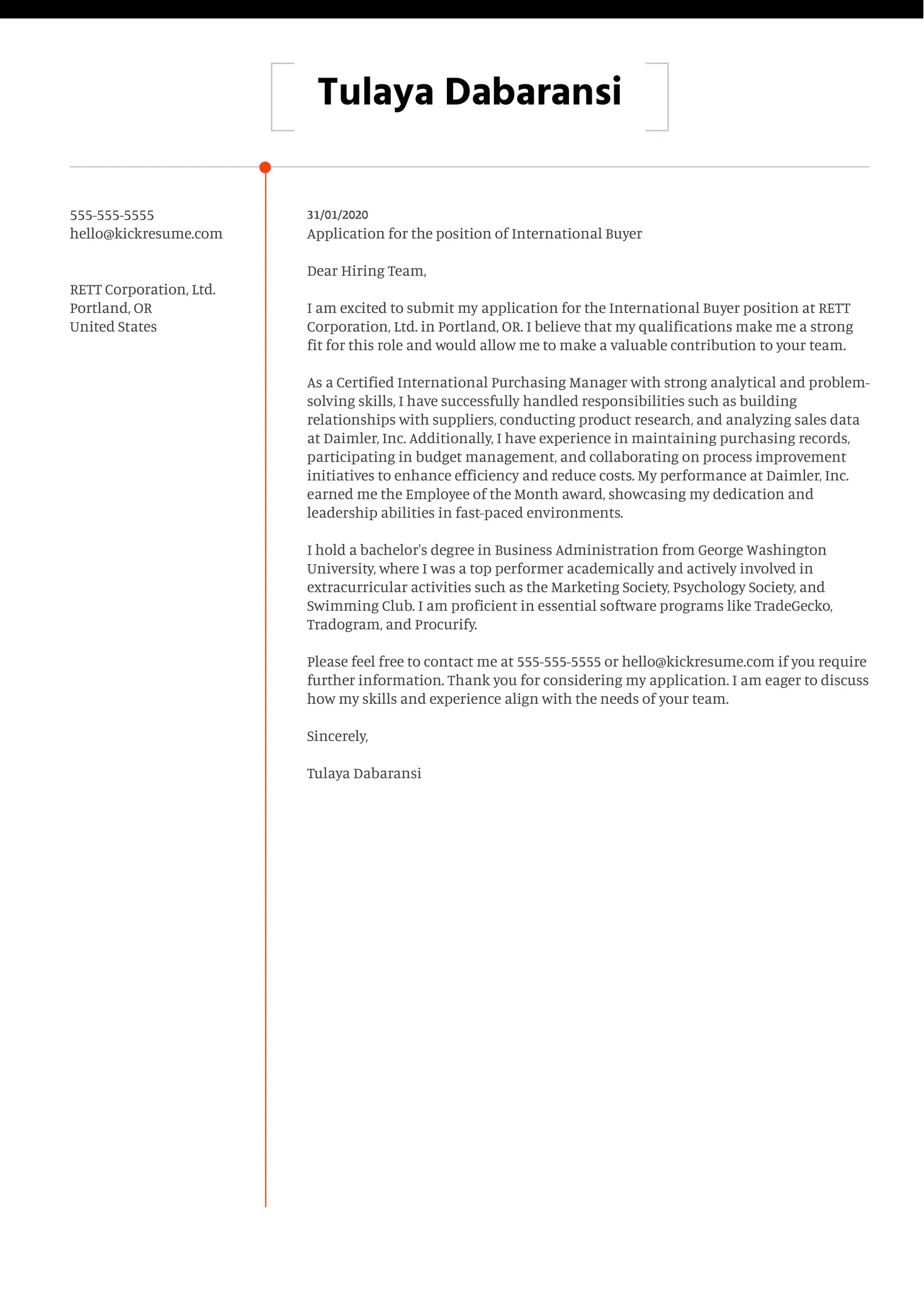
International experiences cultivate a range of valuable skills. Highlighting these abilities is key to a cover letter. You’ll develop adaptability, problem-solving skills, leadership qualities, and teamwork capabilities. These skills are highly transferable and sought after by employers across various industries. Demonstrate how you have used these skills in the past, giving examples from your experiences.
Adaptability and Flexibility
Adaptability is a crucial skill in any work environment, but it is especially critical in international settings. Living and working abroad requires you to adjust to new environments, embrace unfamiliar customs, and navigate unexpected challenges. Your cover letter should reflect your adaptability by highlighting examples of how you successfully adapted to different situations and cultural norms.
Problem-Solving Abilities
International experiences often present unique problem-solving opportunities. You’ll face challenges that require creative thinking, resourcefulness, and the ability to find solutions under pressure. Emphasize how you successfully overcame obstacles, found innovative solutions, and demonstrated your problem-solving skills in your cover letter. Give the reader examples of where you showed this skill.
Leadership and Teamwork
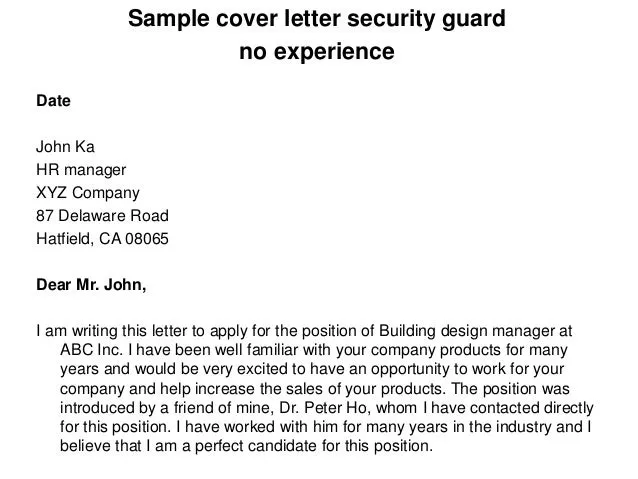
Whether you’re leading a project or working as part of a team, international experiences often provide opportunities to develop leadership and teamwork skills. Showcase your ability to collaborate with people from diverse backgrounds, motivate others, and achieve common goals. Highlight any leadership roles you’ve held and how you contributed to team success in your cover letter. Mention how you led your team in any of your projects.
Key Components of a Cover Letter for International Experience
To effectively highlight your international experience, your cover letter should include several key components. Start with a professional header and greeting, followed by an engaging opening paragraph that grabs the reader’s attention. Throughout the body, showcase specific examples, quantify your results, and emphasize relevant skills. Conclude with a strong call to action and a formal closing.
Header and Contact Information
Start your cover letter with a professional header that includes your name, contact information (phone number, email address, and LinkedIn profile URL), and the date. Ensure that your contact information is up-to-date and professional-looking. Use a clean and easy-to-read format for your header, and make sure it matches the formatting of your resume.
Professional Greeting
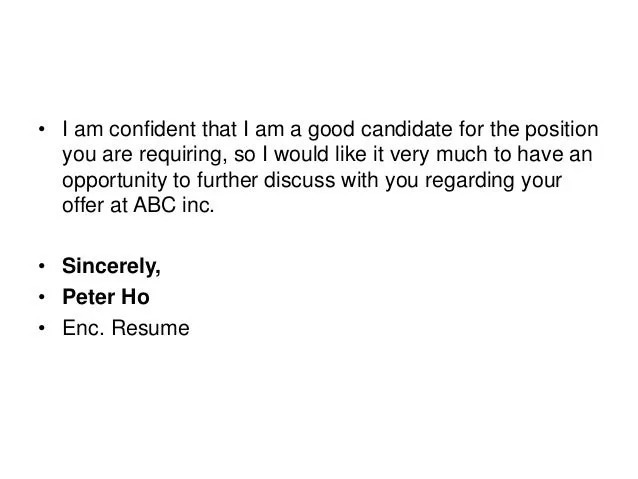
Address your cover letter to the hiring manager by name if possible. Research the company and find the name of the person responsible for hiring. If you can’t find a specific name, use a professional greeting like “Dear Hiring Manager.” Avoid generic greetings such as “To Whom It May Concern.” This shows you’ve taken the time to research the company and are genuinely interested in the position.
Opening Paragraph Grab Attention
Your opening paragraph should immediately grab the reader’s attention and make them want to learn more about you. Briefly state the position you’re applying for and how you learned about it. Then, highlight your most impressive international experience or a key skill that aligns with the job requirements. This will give the reader an idea of your qualifications early on and entice them to continue reading.
Highlighting International Experience
The main body of your cover letter should focus on showcasing your international experience. Explain the context of your experience. This could include studying abroad, volunteering, working, or traveling in another country. Provide specific examples of how you utilized your skills and what you achieved during these experiences. Use strong action verbs to describe your accomplishments and demonstrate the value you brought to each experience.
Specific Examples and Achievements
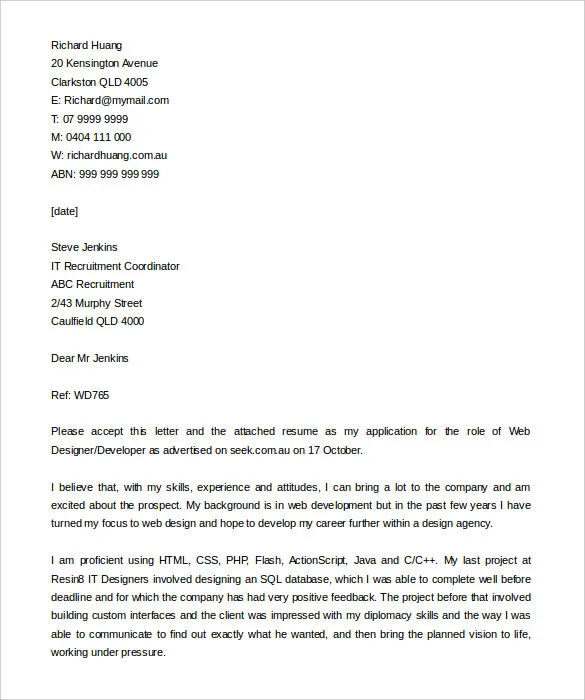
Instead of simply stating that you have international experience, provide specific examples of your achievements. Quantify your results whenever possible. For instance, if you improved sales during your time abroad, state by how much. If you trained a team, specify the number of people you trained and the outcomes. These details will make your cover letter more compelling and demonstrate the tangible value you can bring to the company.
Quantifiable Results and Impact
Always use quantifiable results to demonstrate your impact. Instead of saying that you “improved communication,” say that you “reduced miscommunication by 15% by implementing a new communication protocol.” Numbers add credibility to your claims. Use data to show the impact of your international experience, which allows the reader to see the results, rather than just reading about them.
Showcasing Relevant Skills
Identify the key skills that the employer is seeking and highlight how your international experience has equipped you with those skills. Tailor your cover letter to match the specific requirements of the job. Mentioning that you’re fluent in multiple languages, or that you have experience with different programs, can also be good ways to showcase your skills.
Adaptability and Cultural Awareness
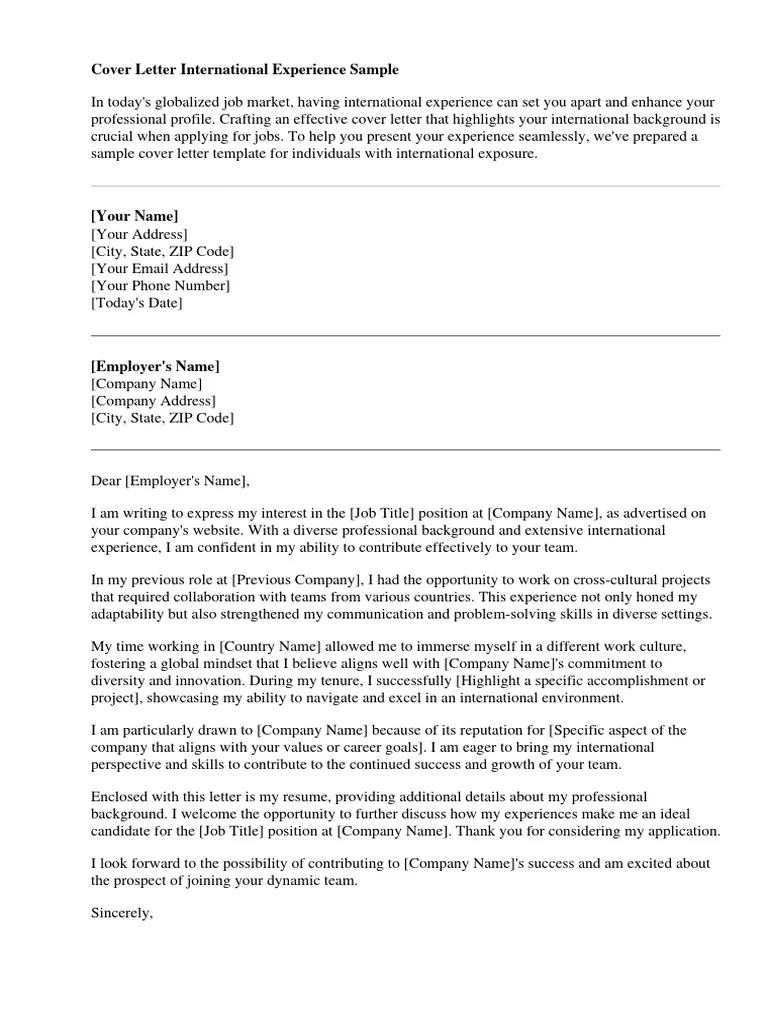
Mention your adaptability by discussing your experience in different cultures. Highlight your ability to work with people from diverse backgrounds, adapt to new situations, and navigate cultural differences. Provide examples of how you demonstrated cultural sensitivity and understanding. This can greatly affect the reader.
Language Proficiency
If you have language skills, be sure to mention them and specify your proficiency level. Indicate any certifications or language courses you’ve completed. Language skills are highly valued by employers, especially in international business environments. Mention how you used your language skills, if applicable, to improve your work.
Closing the Cover Letter Effectively
Your closing paragraph should summarize your key qualifications and reiterate your interest in the position. Thank the hiring manager for their time and consideration. Reiterate how you can help with the company’s goals, based on your experiences.
Call to Action
End with a clear call to action. Express your desire to have an interview and provide your contact information again. Make it easy for the hiring manager to reach out to you. Show that you are willing to take the next step and discuss your qualifications further.
Formal Closing and Signature
Use a professional closing such as “Sincerely,” or “Best regards,” followed by your typed name. If you are submitting a hard copy, leave space for your signature above your typed name.
Cover Letter Sample: International Experience
Here are sample cover letter examples for international experience.
Example 1 Research Assistant
Dear [Hiring Manager name],
I am writing to express my keen interest in the Research Assistant position at [Company name], as advertised on [Platform]. With my experience as a research assistant at the University of [University name] and my international research experience in [Country], I am confident I possess the skills and dedication to excel in this role.
During my time in [Country], I collaborated with a team of researchers on a project focused on [Research topic]. I was responsible for [Specific tasks and responsibilities], where I developed proficiency in [Skills, e.g., data analysis, literature review]. I also adapted to a new cultural environment, improved my cross-cultural communication skills, and learned to navigate challenges independently. I believe this experience has prepared me for the demands of this position.
I am eager to contribute my skills and global perspective to [Company name]. Thank you for your time and consideration. I look forward to hearing from you soon.
Sincerely, [Your Name]
Example 2 Exchange Student
Dear [Hiring Manager name],
I am writing to express my interest in the [Job Title] position at [Company name]. My experience as an exchange student in [Country], has equipped me with skills that I believe will make me a valuable asset to your team.
During my time in [Country], I studied at [University/Institution name], where I immersed myself in a new culture and academic environment. I excelled in my coursework, adapted to different teaching styles, and broadened my perspective. I actively participated in [Extracurricular activities, volunteering], which helped me improve my communication and teamwork abilities.
I am eager to leverage my experience to contribute to [Company name]’s success. Thank you for considering my application. I look forward to the opportunity to discuss my qualifications further.
Sincerely, [Your Name]
Example 3 Volunteer Abroad
Dear [Hiring Manager name],
I am writing to apply for the [Job Title] position at [Company name]. My experience as a volunteer in [Country] has instilled in me a dedication to service, and the skills needed to thrive in a challenging environment.
As a volunteer with [Organization name], I worked on [Project name]. During this time, I was responsible for [Specific tasks and accomplishments]. I demonstrated leadership by [Leadership role] and improved my problem-solving skills. Additionally, I learned to work collaboratively with people from diverse backgrounds and adapt to unfamiliar circumstances.
I believe that my strong work ethic and global perspective align perfectly with the values of [Company name]. Thank you for your time and consideration. I look forward to hearing from you soon.
Sincerely, [Your Name]
Proofreading and Editing Your Cover Letter
Before submitting your cover letter, always proofread and edit it carefully. Make sure your cover letter is free of grammatical errors, spelling mistakes, and typos. Use a professional tone and language. Also, have someone else review it for any potential errors or areas for improvement. Ask someone in your network to proofread your letter and help you identify any mistakes.
Common Mistakes to Avoid
Several common mistakes can undermine your cover letter. Avoid these errors to make sure your international experience shines. Avoid clichés and generic statements. Focus on specific achievements. Do not make your cover letter too long. Keep it concise and to the point. Always tailor your cover letter to the specific job and company. Generic cover letters are not attractive to the reader.
Tips for Tailoring Your Cover Letter
To make your cover letter stand out, you need to tailor it to each job you apply for. Research the company and the specific job requirements. Identify the key skills and experiences the employer is looking for. Then, customize your cover letter to highlight how your international experience aligns with those requirements. Focus on specific examples and use keywords from the job description.
Formatting and Presentation
The formatting and presentation of your cover letter are just as important as its content. Use a clean, professional font (e.g., Arial, Times New Roman, Calibri) and a consistent font size (e.g., 11 or 12 points). Use standard margins (1 inch on all sides) and single-space your text. Make sure your cover letter is easy to read and visually appealing. A well-formatted cover letter will make a positive first impression and show that you pay attention to detail.
